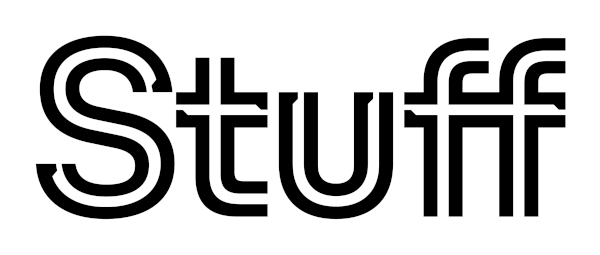
Zholia Alemi. Photo: Supplied / Cumbria Police
The "highly manipulative and cunning" Kiwi woman who used a forged Auckland University medical degree to gain employment in the United Kingdom for nearly two decades, has now failed to have her jail sentence and convictions overturned.
Zholia Alemi posed as a psychiatrist and worked for the United Kingdom's National Health Service (NHS) and was paid about $2 million during those two decades.
Last year, she was sentenced to seven years in jail after she was found guilty by a jury at the Manchester Crown Court on a number of fraud-related charges, which were described as a "deliberate and wicked deception".
Judge Hilary Manley said it was of grave concern that Alemi was able to detain patients against their will and prescribe powerful and dangerous drugs.
Alemi was previously jailed for fraud and theft in 2018 after she was found to have doctored an elderly dementia patient's will in west Cumbria in an attempt to inherit the pensioner's £1.3 million (NZ$2.4 million) estate.
Journalist Philip Coleman began investigating Alemi, contacting the University of Auckland and found out she did not infact have a medical degree. He then informed the General Medical Council in the United Kingdom.
Alemi was born in Tehran, Iran in around 1967, arriving in New Zealand in 1986.
She then enrolled at the University of Auckland's School of Medicine, studying a Bachelor of Human Biology, in 1988. She failed that year, but completed the degree in 1992.
Alemi failed the first and second years of a Bachelor of Medicine and Bachelor of Surgery (MBChB), which is required to be a doctor.
By April 1995, Alemi was living in Winchester in the UK and sent a forged degree to the General Medical Council (GMC), which decides whether a doctor is qualified to practise in the UK.
Between 1998 and 2017, Alemi was employed by the NHS and worked at various health bodies and trusts across the United Kingdom and was paid more than $2 million.

The University of Auckland (file image). Photo: Claudine van Massenhove
Stuff previously reported Alemi was investigated by medical authorities in the UK multiple times, dating back to 1998.
In June 2019, while Alemi was serving her first jail sentence, police found a "forger's kit" at her home in Northern Ireland. It included the original torn yellow certificate, which is likely to have been the genuine University of Auckland degree for the Bachelor of Human Biology, and two photocopies.
Alemi was alleged to have taken the legitimate certificate and altered the wording with dry transfer lettering, awarding herself the Bachelor of Medicine and Bachelor of Surgery degree.
She also altered the date to 1995, then photocopied it at least twice.
Police also found the forged letter of verification, a blank University of Auckland degree certificate and degree certificates in the name of Alemi's brother.
At the Court of Appeal, Alemi drew parallels with her treatment and the Post Office case and complained about infringement of human rights, the recently released judgment said.
Alemi argued she had been denied bundles, an anonymity order and no reference had been made to her proper diagnosis of autism.
"She complained that she had been blocked access to prosecution cases and had limited access to printing. She said that her distrust of her legal team had caused her to develop paranoia; and that she had spent substantial sums on representation, and representatives had not acted as they should have done," the Court of Appeal judgment said.
The Court of Appeal said having looked at the material with "considerable care" they were unable to identify any arguable grounds for the appeal and the conviction is safe.
In regards to the appeal against sentence, Alemi argued that she was not 100 percent responsible for the failures and the harm caused by her practice because the GMC had not picked up obvious errors in the original application.
While the sentencing judge was critical of the GMC's failure to identify obvious errors in the verification letter, that did not mean Alemi was not herself fully responsible for the consequences of her fraud, the judgement said.
"It may be that someone else might have been responsible in part in other ways, but that does not in any sense mitigate her actions. For all those reasons, we can still find no arguable grounds for appeal against sentence."
The GMC previously told Stuff that, in the 1990s, the documents were not subject to the rigorous checks that were now in place.
"We are very sorry that Zholia Alemi was able to join our medical register in the 1990s, based on fraudulent documentation, and for any risk arising to patients as a result," GMC director of registration and revalidation Una Lane said.
"Patients deserve good care from appropriately-qualified professionals and place a great deal of trust in doctors. To exploit that trust and the respected name of the profession is abhorrent.
"It is clear that in this case the steps taken almost three decades ago were inadequate. We are confident that, 27 years on, our systems are robust."
- This story was first published by Stuff





